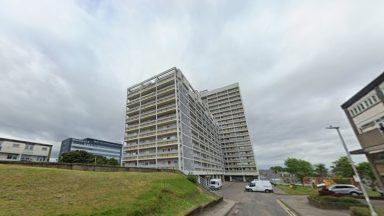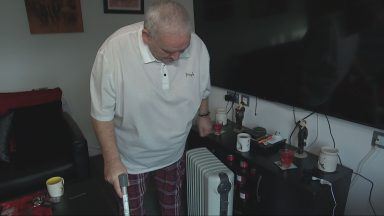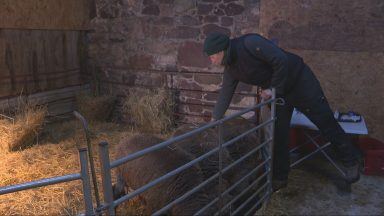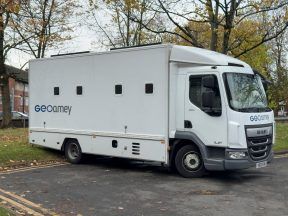Dozens of children vulnerable to criminal and sexual exploitation from England and Wales are being cut off from support networks and sent hundreds of miles away to homes in Scotland.
Around 25 young people are temporarily resident at secure locations north of the border at any one time when beds cannot be found for them in their local area.
Experts warned periods of “isolation” risked youngsters becoming further exposed to troubling behaviour and could compound social issues later in life.
Figures from the Nuffield Family Justice Observatory (NFJO) and Children and Young People’s Centre for Justice (CYCJ) at the University of Strathclyde uncovered over a third of children found in homes were from outwith Scotland.
The census of 165 children in Scotland’s five secure accommodation centres on a set day in 2018 and again in 2019 found 59 in total were from England and Wales.
Around a quarter were said to be at risk of child sexual exploitation, according to the report, which stated offenders rather than children should be removed from such situations.
NFJO found that the majority had experienced more serious difficulties in childhood than children placed in secure homes in England.
“It is not acceptable for a society to lock up victims instead of offenders, yet in cases of child criminal or sexual exploitation we are seeing children placed in secure settings instead of those they are at risk from,” said NFJO director, Lisa Harker.
She added: “Placing them hundreds of miles from home and the support of family or friends is not a long-term solution.”
Joanne Smith, NSPCC Scotland policy and public affairs manager, said cross-border placements would only be brought to an end with coordinated national action.
She added: “Isolating vulnerable children from their friends, family and community by propelling them halfway across the country is perilous.
“The void left by their vital support network can all too easily be exploited, leaving children at risk of criminal or sexual exploitation. These children are also more likely to go missing.”
Over 70% of children surveyed had experienced “adverse childhood experiences” such as emotional or physical neglect or abuse, parental mental illness, substance abuse, separation, or exposure to domestic violence, at some point in their lives.
Charity organisations operate four of Scotland’s secure homes, while the fifth – emergency accommodation in Edinburgh – is managed by the local authority.
A total of 84 beds are available, with an additional six based in the capital.
A spokesperson for Scotland’s Care Inspectorate said: “Our March 2022 report on distance placements acknowledges that placing children far from home can have a negative impact on their future outcomes.
“We continue to work closely with external partner organisations to support the implementation of the areas for improvement highlighted.
“Every child has the right to good quality, safe care which meets their needs and respects their rights.”
A Department for Education spokesperson said children’s home capacity in England was being expanded as part of a £259m project, adding an independent review into the practice was ongoing.
They added: “All children and young people deserve to grow up in stable, loving homes, and local authorities have a statutory duty to make sure there are enough places for looked after children.
“We will set out further plans on how we will bring about this shift and continue to raise standards for children in care while reforms continue.”
Follow STV News on WhatsApp
Scan the QR code on your mobile device for all the latest news from around the country


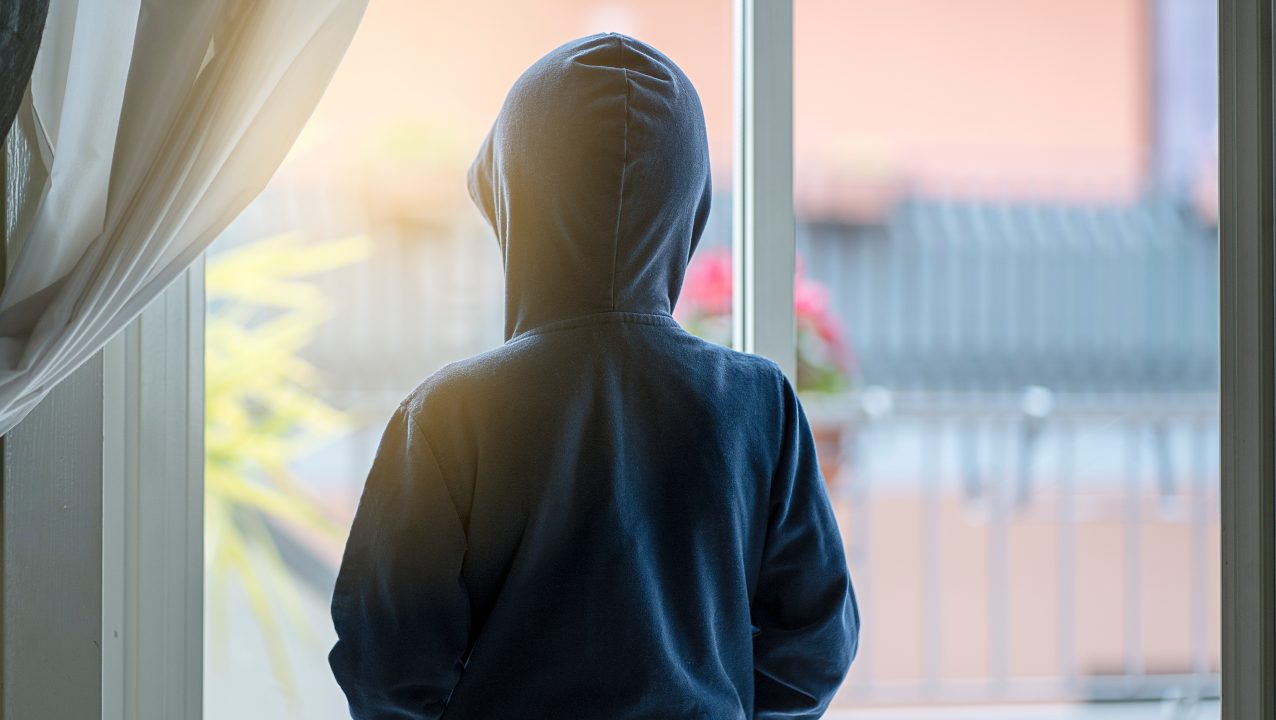 iStock
iStock










